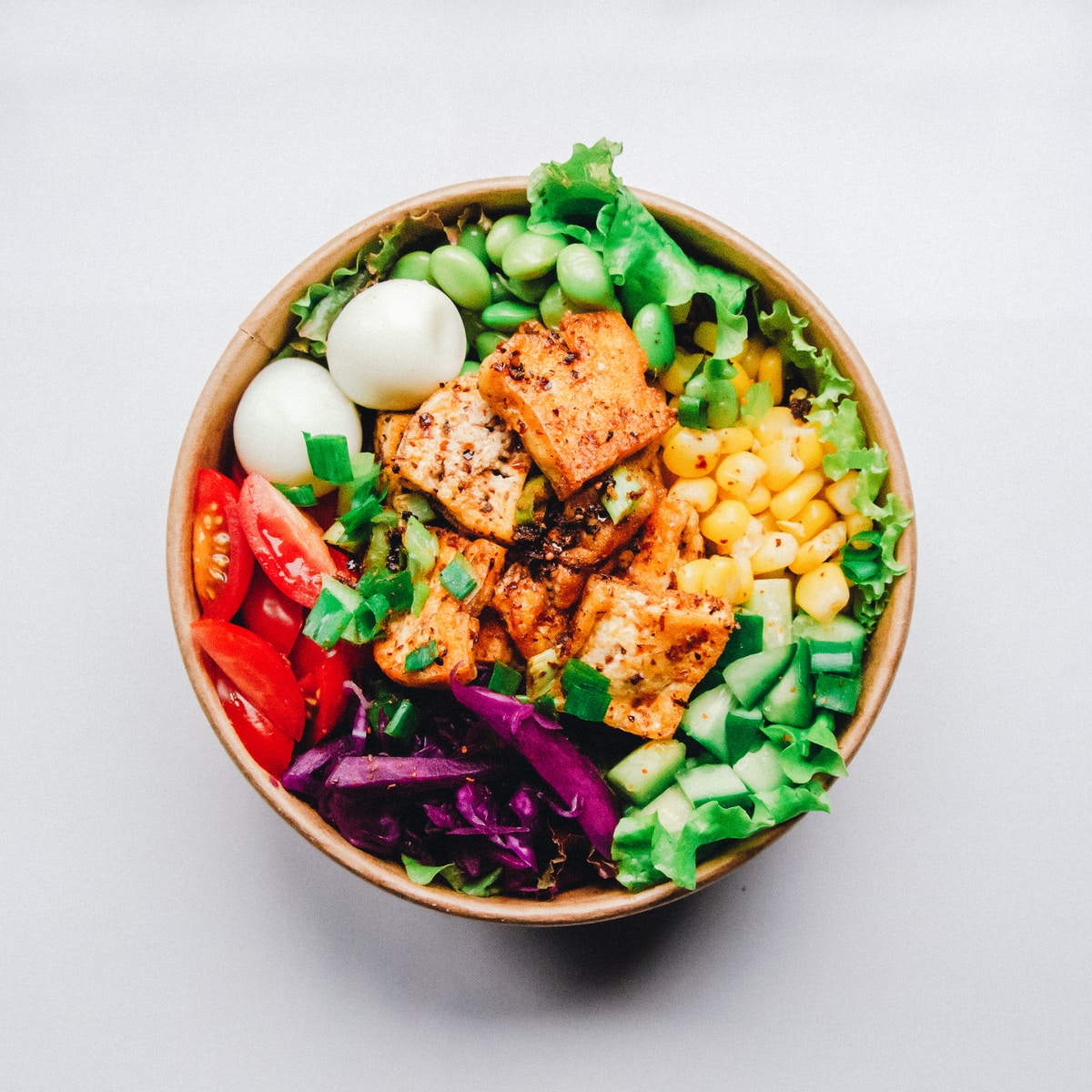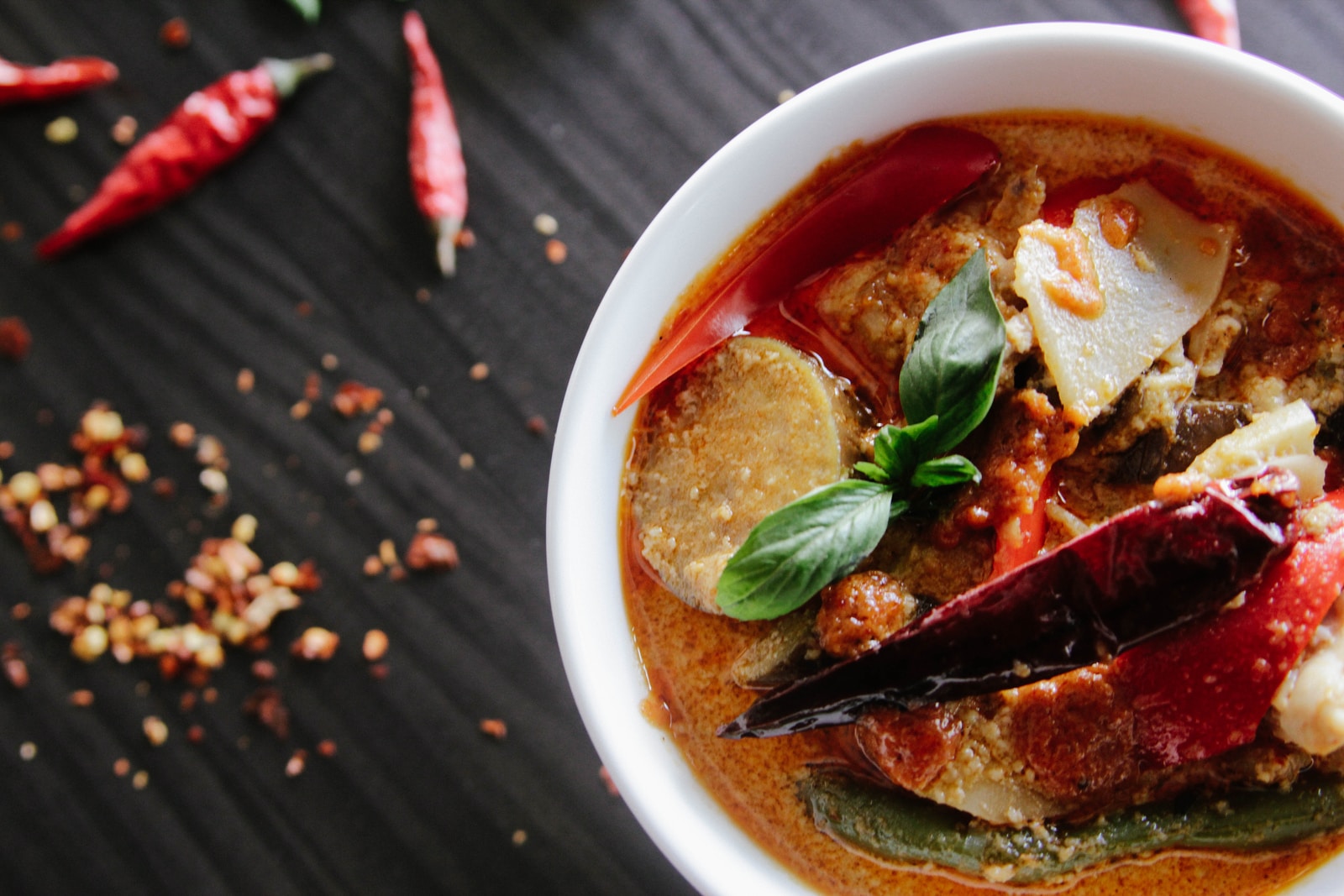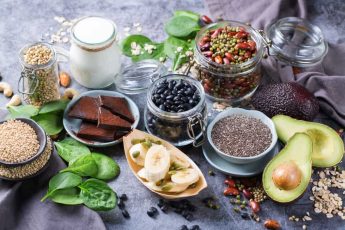Foods that boost metabolism and help burn fat quickly
If you want to lose weight or maintain a healthy weight, eat foods to boost your metabolism. Recent studies confirm that certain foods activate fat metabolism. Avoid sweet, salty, and processed foods, which slow your metabolism. You can also speed up your metabolism by controlling blood sugar levels, lowering insulin levels, and limiting carbohydrates.

People who are overweight tend to feel poor, and they often think that eating right is expensive. But this is a misconception. If you want to lose weight or maintain a healthy weight, eat foods that speed up your metabolism. Recent research confirms that certain foods increase metabolism.
1. Protein-rich foods
Protein-rich foods such as meat, fish, eggs, dairy, legumes, and nuts increase metabolism. High-protein foods require more energy for the body to digest than carbohydrates. It also helps the body maintain muscle mass and prevents metabolic decline, often seen with prolonged weight loss.
Studies have shown that protein-rich foods increase the thermogenic effect of food by about 15-30 per cent. They also satisfy hunger better, give a feeling of fullness for several hours after a meal, and help maintain high energy levels throughout the day. Try to include protein in all meals and snacks. It can consist of beef, pork, poultry, game, dairy and seafood, fish, legumes, nuts, and seeds.
2. Foods rich in minerals
The thyroid gland is mainly responsible for metabolism, and iron and selenium are necessary to function correctly. Like protein, foods rich in certain minerals are essential for metabolism. If you don’t get enough of these from your diet, the thyroid gland can’t do its job, which leads to a slower metabolism.
Many foods with high amounts of iron and selenium are also high in protein. These include meat, seafood, legumes, nuts, and chia seeds. Be sure to include them regularly in your nutrition plan.
3. Chili pepper
Capsaicin, the compound in chilli peppers that makes them spicy, boosts metabolism. Including hot peppers in your diet helps you burn almost 50 extra calories a day, and it takes minimal – about 9-10 mg of capsaicin or about one chilli pepper.
Taking capsaicin supplements before meals reduces appetite. And one study showed that participants who added cayenne pepper to their meals burned more fat than those who did not. In addition, capsaicin reduces inflammation in the body and helps keep the heart-healthy.
4. Coffee
Caffeine also helps the body use fat as fuel and improves workout efficiency. Scientists say that people who drink about three cups of coffee a day burn up to 100 extra calories. Unfortunately, decaffeinated coffee does not have the same effect.
But the effects of caffeine vary from person to person, and for some people, high caffeine intake may cause anxiety, restlessness, or sleep problems. Also, be careful with coffee drinks that contain a lot of cream, sugar, and syrups, which are very calorie-dense. And, as always, keep it in moderation.
5. Tea
Tea also contains caffeine and other compounds that speed up the metabolism. For example, catechins are good for stimulating metabolism. And oolong and matcha green tea help oxidize fat and burn extra calories. These teas help the body use stored fat as fuel more efficiently and increase the ability to burn it by 17%.

6. Legumes
Legumes such as black peanuts, beans, soybeans, chickpeas, lentils, and peas are high in protein, selenium, and iron. They are also high in fibre, including soluble fibre and resistant starch, feeding beneficial gut bacteria. All of this contributes to the heat-boosting effect of food.
The beneficial gut microbiome forms short-chain fatty acids that help use stored fat more efficiently as fuel and prevent blood sugar spikes. Lentils and peas are especially rich in glutamine, a specific amino acid that aids digestion and burns more calories.
7. Ginger
It is one of the healthiest spices in the world, which also increases metabolism. Ginger improves fasting blood sugar, increases high-density lipoprotein levels, and promotes weight loss.
Ginger has antioxidant and anti-inflammatory properties and is known to treat upset stomachs. It also tastes delicious and is famous for its unique flavour.
8. Water
Good hydration is essential, including for metabolism. Studies have shown that drinking water speeds it up by 24-30% within 40-90 minutes. This increase in metabolic rate is the extra calories needed to heat water to body temperature. Of course, this varies from person to person, but it’s another reason to drink enough water anyway.
9. Seaweed
Seaweed is incredibly rich in iodine and helps the thyroid gland boost metabolism. Include this product in your diet more often, especially if you prefer sea salt or rose salt instead of iodized salt. Seaweed also contains fucoxanthin, a compound that improves metabolism. You can add them to soups and salads, use them for sushi, or eaten alone as a snack.
10. Broccoli
Green vegetables are very healthy, and broccoli is no exception! It contains glucoraphanin, an antioxidant that boosts metabolism and lowers fat blood levels. Broccoli has also helped reduce cancer risk, boost immunity, improve skin health, and eliminate inflammation. Broccoli is best steamed or microwaved to retain most of its nutrients.

11. Avocado
The fibre and healthy fats in avocados make you feel fuller for longer and boost metabolism. In a recent study, participants who consumed the fruit were half as likely to have metabolic syndrome. This disorder is characterized by many symptoms, such as high blood pressure, high blood sugar, and excess body fat, increasing the risk of heart disease and diabetes.
12. Flax seeds
Flaxseed contains protein, minerals, and other beneficial compounds to boost metabolism and help with metabolic syndrome. Nutritionists think it to be due to the fibre, protein, Omega-3 fatty acids, and antioxidants it contains. The fibre in flaxseed also promotes the growth of beneficial bacteria in the intestines, improving metabolism.
13. Almond
It is a good source of iron, selenium, and other nutrients that help boost metabolism. In addition, the polyunsaturated fat in nuts is slowly absorbed by the body and requires more energy to digest. You can use it in many different ways in many dishes.
14. Blueberries
Studies have shown that these berries reduce the risk of metabolic syndrome and fight problems such as high blood sugar, high blood pressure, atherosclerosis, and obesity. Antioxidants and anti-inflammatory properties of an essential component of blueberries called anthocyanins are thought to be responsible.
A human study showed that overweight and obese participants who followed a healthy diet with blueberries improved their BMI, cholesterol, insulin, and blood sugar levels. The group that ate blueberries experienced additional fat and total weight loss (by 3-14%).

15. Grapefruit
The bright red grapefruit brings some sunshine into winter. Also, this bright citrus fruit boosts metabolism. Consuming half a grapefruit before a meal correlates with weight loss, improves insulin resistance, and reduces the risk of metabolic syndrome. Although grapefruit juice helps a little before a meal, it does not produce as significant results as eating the fruit itself. It may be due to the presence of fibre in grapefruit.
16. Curcuma
This golden spice has many health benefits. It reduces inflammation and boosts metabolism. The active compound in turmeric, called curcumin, is linked to the expression of adiponectin, which controls blood sugar levels and breaks down fat cells. So add this spice to your dishes more often!











